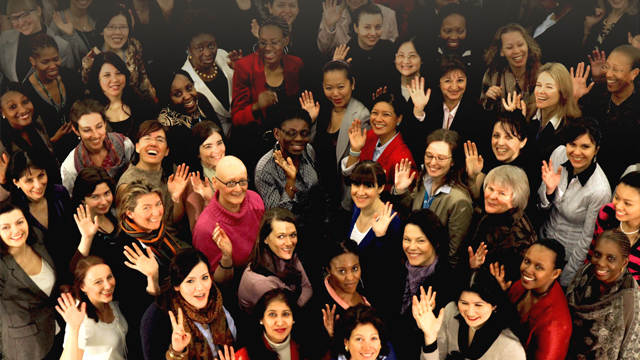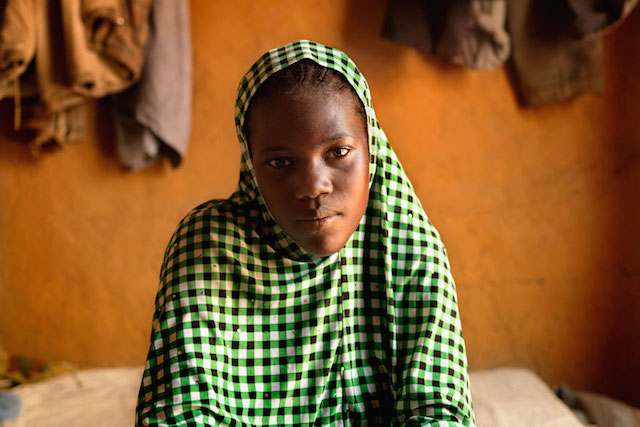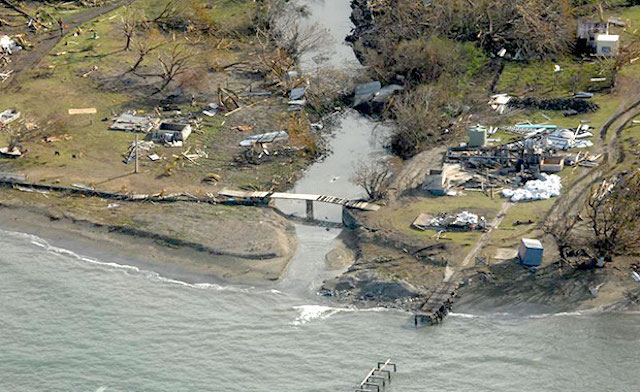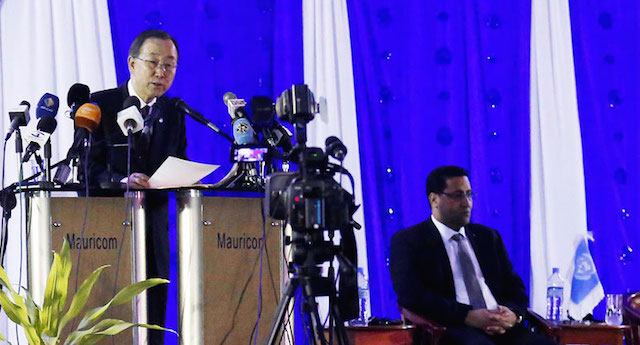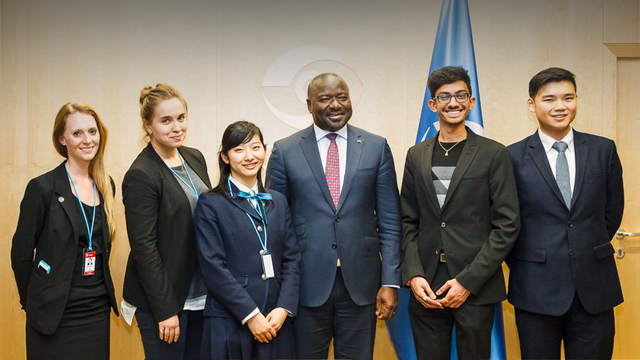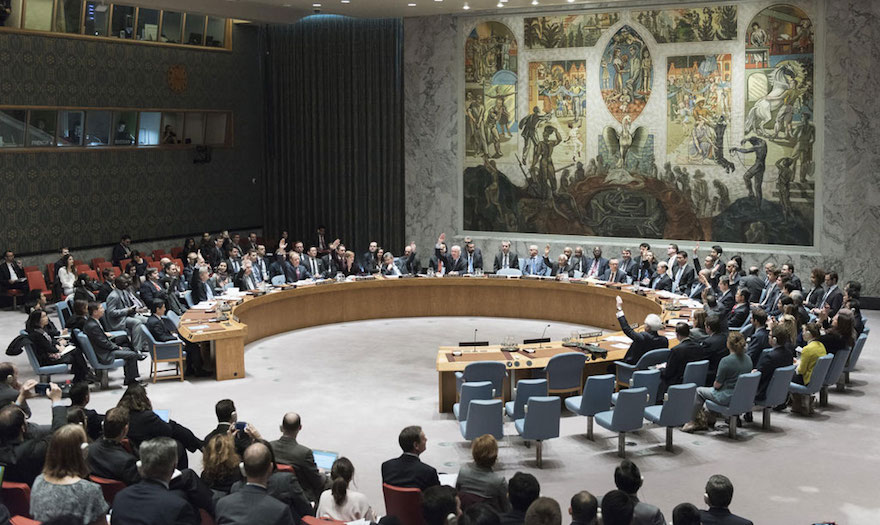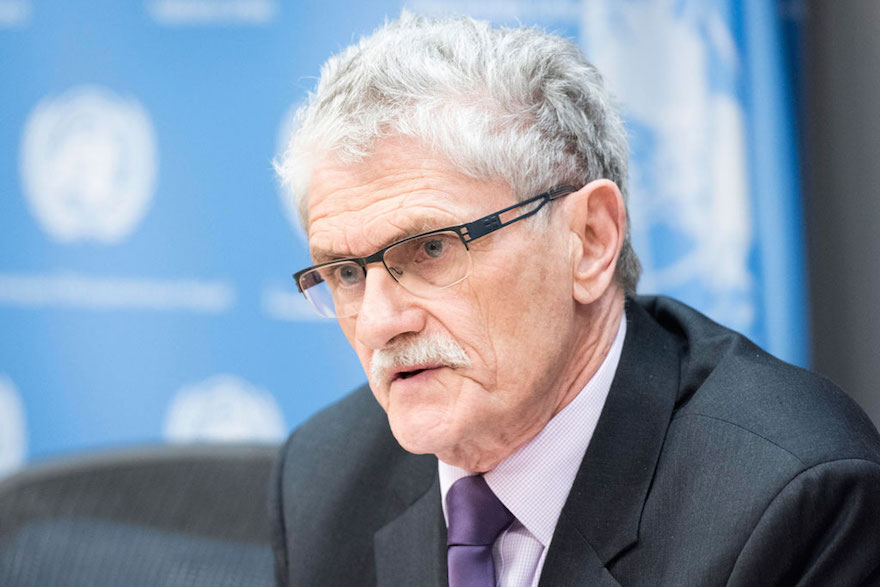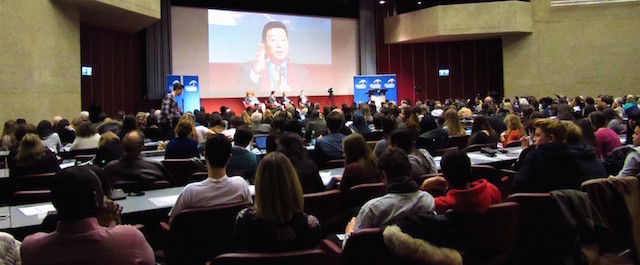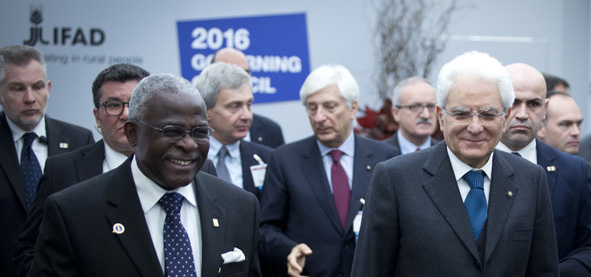By Rita Joshi | IDN-InDepthNews Analysis
BERLIN | VIENNA (IDN) – The United Nations Industrial Development Organisation (UNIDO) and the Comprehensive Nuclear-Test-Ban Treaty Organization (CTBTO) are determined to undertake necessary steps to make “Planet 50-50 by 2030: Step It Up for Gender Equality”, the theme of the International Women’s Day 2016, a reality.
Director General, LI Yong, said: “UNIDO recognizes that investing in the economic empowerment of women sets a direct path towards gender equality, poverty eradication and inclusive industrial development.”
He added: “Women make an enormous economic contribution, whether in businesses, as entrepreneurs, as employers or as employees, or by doing care work at home. But they also remain disproportionately affected by poverty, discrimination and exploitation.” READ IN JAPANESE

